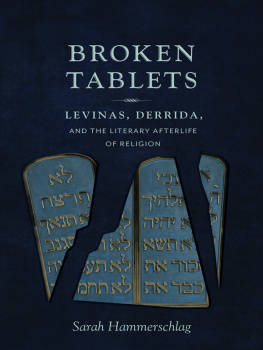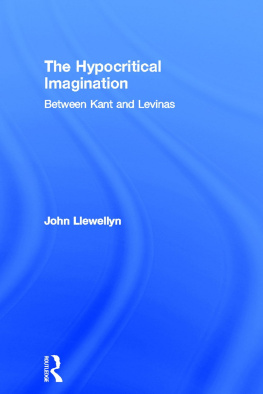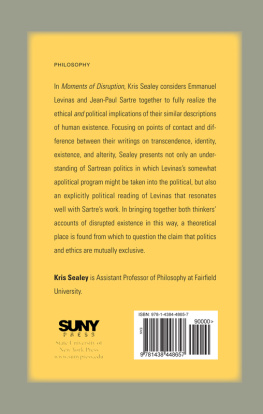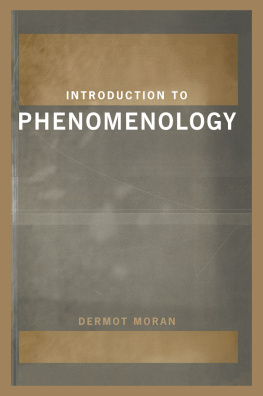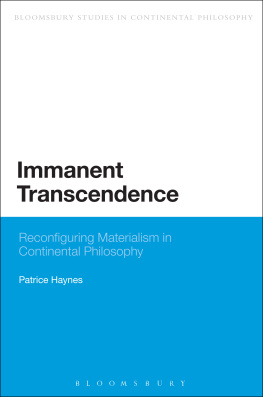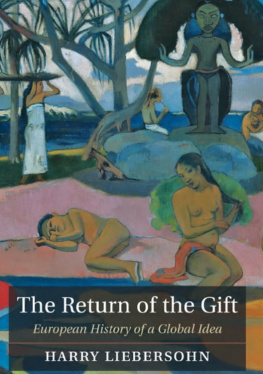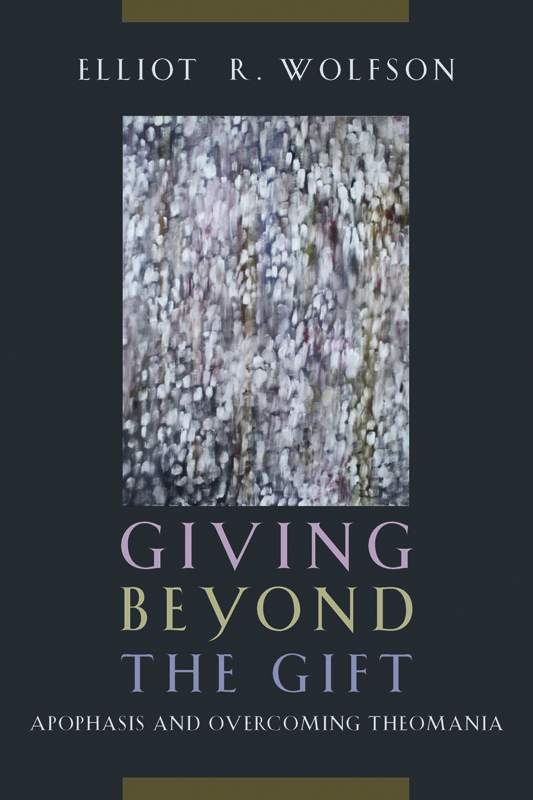Giving Beyond the Gift

Copyright 2014 Fordham University Press
All rights reserved. No part of this publication may be reproduced, stored in a retrieval system, or transmitted in any form or by any meanselectronic, mechanical, photocopy, recording, or any otherexcept for brief quotations in printed reviews, without the prior permission of the publisher.
Fordham University Press has no responsibility for the persistence or accuracy of URLs for external or third-party Internet websites referred to in this publication and does not guarantee that any content on such websites is, or will remain, accurate or appropriate.
Fordham University Press also publishes its books in a variety of electronic formats. Some content that appears in print may not be available in electronic books.
Library of Congress Cataloging-in-Publication Data
Wolfson, Elliot R.
Giving beyond the gift : apophasis and overcoming theomania / Elliot R. Wolfson. First edition.
pages cm
Includes bibliographical references and index.
ISBN 978-0-8232-5570-2 (cloth : alk. paper)
ISBN 978-0-8232-5571-9 (pbk. : alk. paper)
1. Jewish philosophy20th century. I. Title.
B5800.W65 2014
181'.06dc23 2013034990
Printed in the United States of America
16 15 14 5 4 3 2 1
First edition
To the blessed memory of Michael A. Signer
Altissima quaeque flumina minimo sono labi
Even as the egomaniac does not live anything directly, whether it be a perception or an affection, but reflects on his perceiving or affectionate I and thus misses the truth of the process, thus the theomaniac will not let the gift take full effect but reflects instead on that which gives, and misses both.
Martin Buber, I and Thou
But where does the opening come from and how is it given? What speaks in the It gives?
Martin Heidegger, The End of Philosophy and the Task of Thinking
CONTENTS
First and foremost, I want to thank Helen Tartar for her abiding support over these many years. Since working with Helen on Language, Eros, Being: Kabbalistic Hermeneutics and Poetic Imagination , published by Fordham University Press in 2005, I have found her to be a steadfast friend and devoted editor. Beyond her commitment to my scholarship in particular, her deep aesthetic passion for the printed book more generally is an enduring source of inspiration and hope.
Second, I would like to acknowledge the sage advice for revision of the manuscript offered by Karmen MacKendrick and Aaron Hughes. I am appreciative of their willingness to sacrifice some of their valuable time to engage my work critically and to help improve the final version.
Finally, I express my heartfelt gratitude to Virginia Burrus, who repeatedly reminds me of the wisdom conveyed in the Gospel of Philip , And whatever cannot receive certainly cannot give. More than any other human being I have encountered on the path of my lifes journey, Virginia has taught me by example that receiving is indeed the most profound sense of giving. For the gift of her time I am eternally grateful.
Truths are illusions of which we have forgotten that they are illusions.
Friedrich Nietzsche, On Truth and Lying in a Non-Moral Sense
In this book, I offer a philosophical examination of the themes of apophasis, transcendence, and immanence in a number of twentieth-century Jewish thinkers. The implications, however, go well beyond the specificity of this cultural formation. Consistent with all my work, in this study I delve deeply into one tradition out of the conviction that the particular is indexical of what we are still compelled to call the universal. Mindful of, and in some measure beholden to, the postmodern critique of foundationalism, let me be clear that there is no crypto-transcendentalism at work here, no appeal to what Lyotard called les grand rcits , the great stories or metanarratives, no recourse to an essentializing or totalizing truth, no positing an infinite transcendence or metaphysical absolute. Although inviolably committed to the truth that there is no inviolable truth, I nonetheless acknowledge the inherently contradictory and subversive repercussions of the relativist position: if meaning is always to be determined from context, in line with the historicizing hermeneutic that prevails in academic discourse, then the veracity of this assertion and the methodological presumption that ensues therefrom cannot be sufficiently generalized to justify the argument for contextualization. Simply put, without the ability to step out of context, we could not cultivate the cognitive apparatus necessary to detect the parameters of any context. Every statement avowing the relativity of truth can be true only if it is false.
My upholding of the universal is certainly not meant to efface the particular; indeed, the universal I envision is one continuously shaped by the particular, the universal singularity , to borrow the language of Alain Badiou, and thus I resist ( la Hegel) both the universalization of the particular and the particularization of the universal. Closer to the cadence of our experience, in my opinion, is the recognition that the determinacy of the universal is always in the process of being determined by the indeterminacy that is the particular and that the indeterminacy of the particular is always in the process of being determined by the determinacy that is the universal. Following this line of reasoning, and in consonance with a relational rather than a substantialist notion of self, I assume that in the domain of intersubjectivity, too, we must say that one is veritably the singularity of oneself insofar as one is otherwise than oneself, that the exteriority of the interiorthe homelessness that alights the way back home in the foreboding night of our solitudeis gauged by the interiority of the exterior, that individuality consists of embracing an alterity that is, at least qua potential, universalizable: the difference between us is what invariably makes us the same and therefore categorically not subject to the categorical.
The investigation that informs the inquiry to unfold in this book is impelled by the belief that a theolatrous impulse lingers in the very heart of monotheism, even when the latter is explicated in the apophatic idiom of philosophical theology, a trend that has become quite fashionable in the academy these last few decades. The extent to which the scriptural foundation of the monotheistic faiths may itself be considered idolatrous is a line of inquiry that has been explored by other scholars. To cite one relatively recent example: in his Saving God: Religion after Idolatry , Mark Johnston suggests that the anthropocentric accretions of the first verses of the Decalogue (Exodus 20:36) may have already obscured the real nature of the Highest One, so that the original ban on idolatry is itself refracted through an idolatrous prism.
Idolatry, in the most rudimentary sense, is the worship of graven images, but more expansively, the term connotes the spiritual materialism is itself a form of anthropomorphizing that, strictly speaking, compromises the impenetrability of the supreme being.
Johnston argues that the legitimacy of the call of the Most High on us does not derive from an awesome power to punish or reward us, but rather only from the fact that the Most High is the true object of our ownmost wills, the very thing we obscurely desire in everything that we desire In demanding that we be guided by his will, the Most High has to be calling us to express our own most enlightened and authentic willing. The idolaters are slaves to their gods, while the worship of the Most High is the embrace of our own truest natures.


